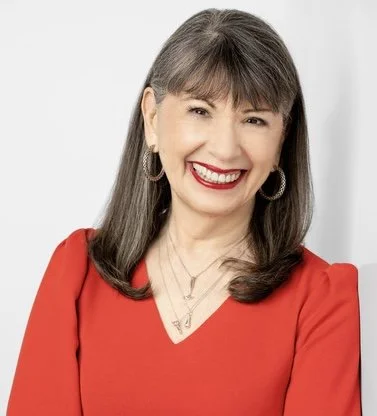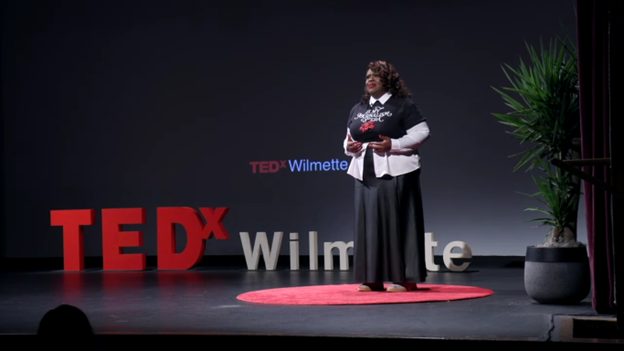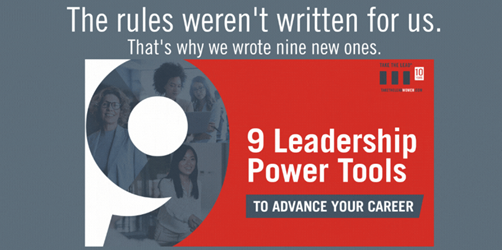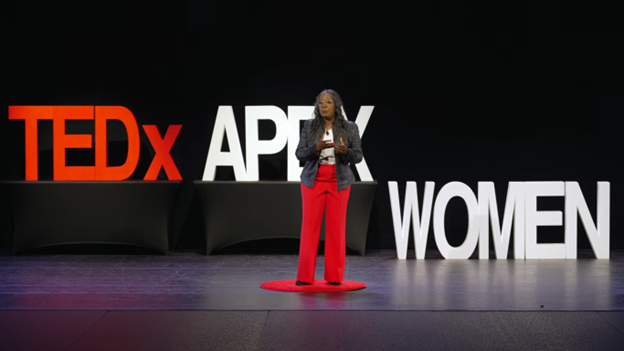Gratitude completely matters.
On the 12th anniversary of Take The Lead’s launch, we are extremely grateful to the global community supporting the mission of gender parity in leadership across all sectors through programs, events, trainings, coaching, mentorship and multiplatform resources.
To echo that gratitude, it is crucial to suggest the need for today’s leaders to express gratitude to colleagues, employees and clients in a challenging era when many feel anxious and overworked. The goal is to create and maintain a culture of intentional community with high expectations, fruitful outcomes and a sense of belonging, social connectedness, value and purpose. Not with rote, brief recognition, but with true gratitude. The outcome is retention, profit, expansion, creativity and a sense of wellness at work.
Read More










